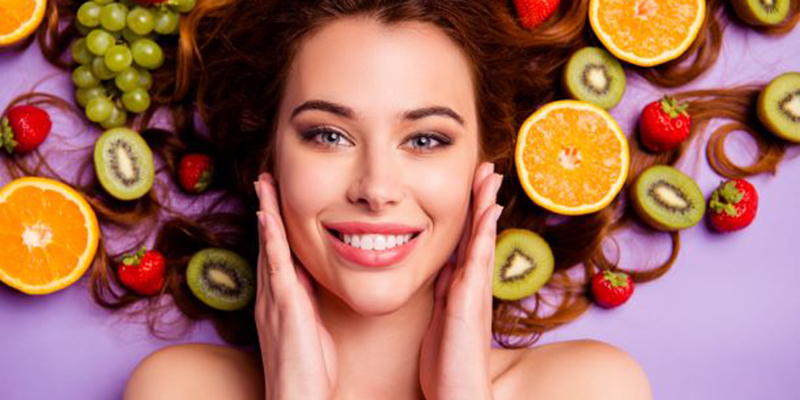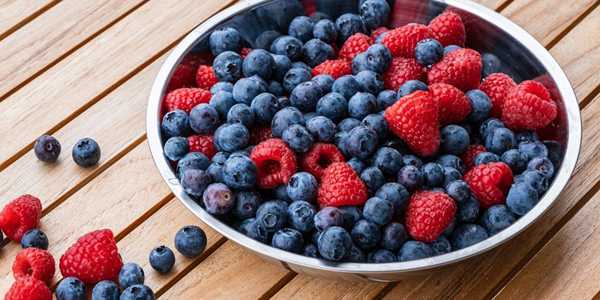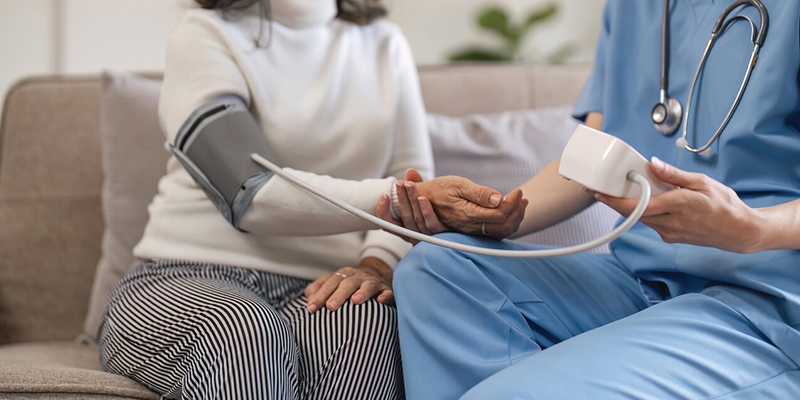5 Foods to Eat and Avoid for Clear Skin and Acne-Free You
Are you wondering why your skin could suddenly become irritated after a meal? It happens to everyone. Dietary habits are essential in defining the skin's condition and appearance to a greater extent.
The importance of diet in acne is also an important fact, meaning that there are foods that can worsen the condition and those that can improve it.

However, it is not limited to consuming foods high in fats. Some apparently 'healthy' foods could damage your skin in ways you do not even realize.
But here's the good news: unlike weight loss, it is not the quantity of food you eat but the type of food you eat that counts.
Just think of getting a smoother skin tone or reduced spots while only changing the foods you eat and feeling good. Right?
So here is the list of 5 foods that are beneficial and detrimental to the skin. You are about to discover what foods you should eat & which ones to avoid to say goodbye to acne and get that radiant skin you've always wanted.
Keep reading to attain healthy skin.
Why Does What You Eat Matter for Your Skin?
The skin is also an organ; like any other organ, it is a mirror that indicates what is happening in your body. Skin health is drastically defined by the kind of foods you consume.
Diet is essential in improving skin conditions, such as reducing acne cases, diminishing redness, and even giving the skin a natural glow.
On the other hand, some foods can negatively affect the skin, making it look pale and lifeless and accompanied by breakouts.
Healthy skin makes you feel better, which increases your self-esteem. The skin's beauty is linked with well-being, and a person is likely to be healthy where the skin is healthy.
Clear skin can also increase social confidence; you will not feel as self-conscious when talking to people. You will also be surprised that you become more photogenic and can even catch yourself smiling more in photographs.
You treat and enhance your skin by identifying skin-friendly foods, and the avoid list. It means you are paying for health and your presence in the world in both its physical and energetic forms.
Dietary Choices for Radiant, Acne-Free Skin
Now that we know how important food is for our skin let's get down to the nitty-gritty. We'll look at five essential foods, some to eat more of and others to avoid. These choices can make a real difference in your skin's health and appearance.
1. Eat: Omega-3 Rich Fish
Want to give your skin a natural glow? Omega-3 fatty acids are your new best friend. These nutrients are like skin superheroes, fighting inflammation and keeping your skin's protective barrier strong.
Omega-3s help your skin stay hydrated and can even protect against sun damage. They're also great for reducing redness and soothing irritated skin.
Here's a list of fish that are packed with omega-3s:
● Salmon
● Mackerel
● Sardines
● Herring
Try to eat these fish a few times a week. Your skin will thank you!
2. Avoid: High-Glycemic Index Foods
Have you ever noticed a breakout after a sugary snack binge? That's no coincidence. High-glycemic foods can be bad for your skin.
These foods make your blood sugar spike quickly. This triggers inflammation and boosts oil production in your skin. More oil often means more acne.
Here's a quick comparison of high-glycemic foods and better alternatives:
High-Glycemic (Avoid)
● White bread
● Sugary cereals
● Soda
● Candy
Lower-Glycemic (Choose Instead)
● Whole grain bread
● Oatmeal
● Water or unsweetened tea
● Fresh fruit
3. Eat: Antioxidant-Packed Berries
Berries are more than just tasty. They're like little skin-protecting powerhouses. They're full of antioxidants that fight off free radicals, which can damage your skin.

Different berries offer different benefits. Strawberries are high in vitamin C, which helps build collagen. Blueberries can help protect against sun damage. Raspberries have ellagic acid, which might help prevent wrinkles.
Try to mix up your berry choices. A handful a day can go a long way in keeping your skin healthy & glowing.
4. Avoid: Dairy Products
Do you have milk? Your skin might be better off without it. Some studies suggest dairy can make acne worse for some people.
Dairy can affect your hormones, which in turn can impact your skin. It might increase inflammation and oil production, leading to more breakouts.
If you want to cut back on dairy, here's a simple plan:
● Figure out where most of your dairy comes from (milk in coffee, cheese on sandwiches, etc.)
● Try some dairy-free alternatives like almond milk or coconut yoghurt
● Keep an eye on your skin for a few weeks to see if it improves
● If you're not sure, talk to a skin doctor or nutrition expert
5. Eat: Zinc-Rich Foods
Zinc is like a secret weapon for your skin. It helps heal damage, controls oil, and can even help clear up acne.
Do you need more zinc? Your skin might heal slower, and you might be more prone to breakouts. But don't worry; lots of tasty foods are rich in zinc.
Oysters and Pumpkin seeds are a good source of zinc. Most adults need 8-11 mg of zinc per day. Remember, a balanced diet with these skin-friendly foods can help you achieve clearer, healthier-looking skin.
However, everyone's skin is different, so observe how your skin reacts to changes in your diet.
Beyond the Plate: More Ways to Eat for Healthy Skin
Eating the right foods is just part of the story. Here are some extra tips to help your skin look its best:
Drink plenty of water. It keeps your skin hydrated and helps flush out toxins.
Load up on fruits and veggies. They're packed with vitamins that your skin loves.
Think about taking supplements, but talk to a doctor first. Some, like vitamin D or fish oil, might help your skin.
Pay attention when you eat. Slow down and enjoy your food. This can help you make better choices and avoid overeating.
These habits work in conjunction with the foods we discussed earlier. Together, they create a solid foundation for healthy, clear skin.
Remember, what's good for your body is usually good for your skin too. Small changes in your eating can significantly affect how you look and feel.
Start Your Journey to Clearer Skin Today!
Ready for a change? Your skin won't wait, so why should you? Start making these simple food swaps now and see the difference for yourself.
Many people who've tried this approach say they wish they'd started sooner. One reader told us, "I can't believe how much my skin improved in just a few weeks!"
Don't let another day go by with foods harming your skin. The sooner you start, the sooner you'll see results.
Remember, clear skin isn't just about looks. It's about feeling confident and comfortable in your skin. So why not give your skin - and yourself - the best chance to shine?
Frequently Asked Questions
Q: How long does it take to see skin improvements after changing my diet?
Ans: Most people notice changes within 4-6 weeks. However, everyone's skin is different. Stick with it for at least 2-3 months to see significant improvements. Be patient and consistent for the best results.
Q: Can drinking water improve my skin?
Ans: Yes! Drinking plenty of water helps flush out toxins and keeps your skin hydrated. Aim for eight glasses a day. You might notice your skin looking plumper and more radiant within a week.
Q: Are there any specific vitamins I should take to improve my skin?
Ans: Vitamins A, C, and E are great for skin health. Zinc and omega-3s can also help. But always talk to a doctor before starting any new supplements. A balanced diet is often the best source of vitamins.
Q: Is it necessary to eliminate dairy to clear the skin?
Ans: Only sometimes. Try cutting back on dairy for a few weeks and see how your skin responds. If you notice improvements, consider limiting dairy. But some people's skin isn't affected by dairy at all.





